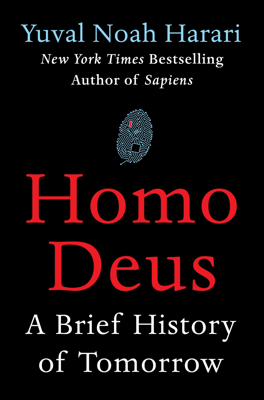The Anthropocene
In the Anthropocene epoch, Homo sapiens has emerged as the single most influential force in the global ecology. Historically, human activity, beginning tens of thousands of years ago with the spread of our Stone Age ancestors, fundamentally changed the flora and fauna of every inhabited continent, often resulting in mass extinctions of large animals.
The relationship between humans, domesticated animals, and natural ecosystems has been marked by profound changes brought about by both the Agricultural and Scientific Revolutions. Initially, humans were just another species among many, but with agriculture, they began to see themselves as the apex of creation, transforming the natural world for their benefit. This perspective was supported by the rise of theist religions which posited a divinely mandated human dominion over nature.
The Agricultural Revolution led to the domestication of animals, establishing a relationship characterized by exploitation under the guise of a mutually beneficial arrangement. These animals paid a steep price for humanity's success—enduring suffering in increasingly intensive farming operations made possible by advancements in science.
As the Scientific Revolution progressed, it introduced humanist religions where humans worship themselves, envisioning themselves as the sole agents of their fate and the central figure in the universe. Under humanism, modern industries have justified extreme forms of animal subjugation through genetic manipulation, factory farming, and other means of industrial exploitation, often ignoring the basic emotional and physical needs of animals.
The chapter also explores an emergent reconsideration of human-animal relationships in light of the potential rise of artificial intelligences that could one day possess capabilities beyond human control or understanding. This shift prompts philosophical and ethical questions about the nature and value of intelligence and consciousness both in humans and other beings, suggesting a need for revisiting our ethical frameworks. Such examination is imperative as we approach a future where the distinction between humans and the technology we create might blur, challenging the foundation upon which human exceptionalism is built.
